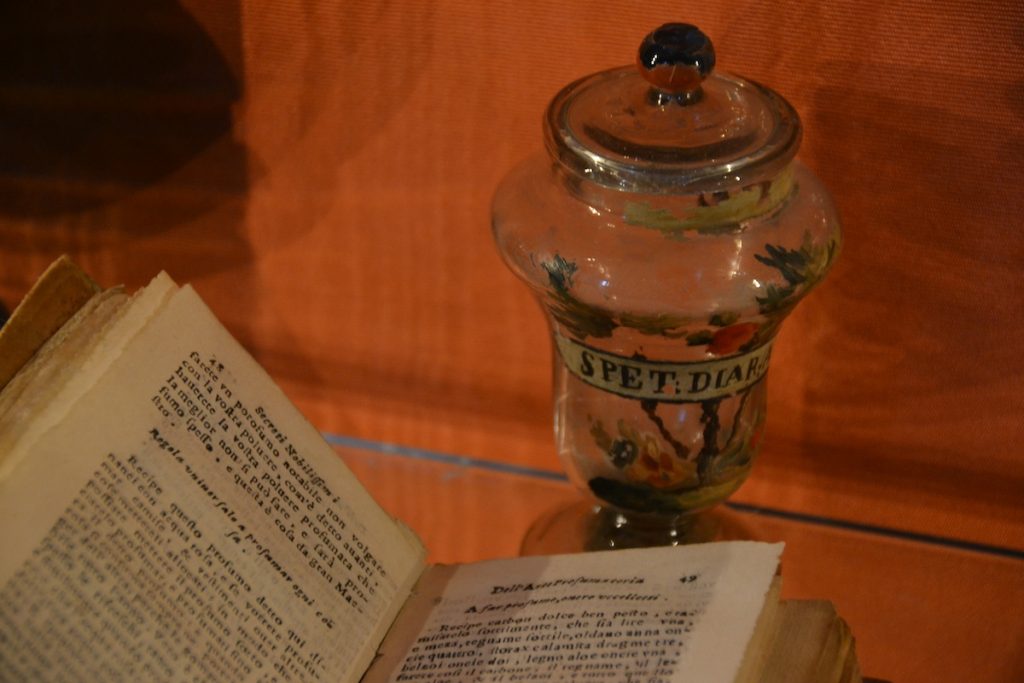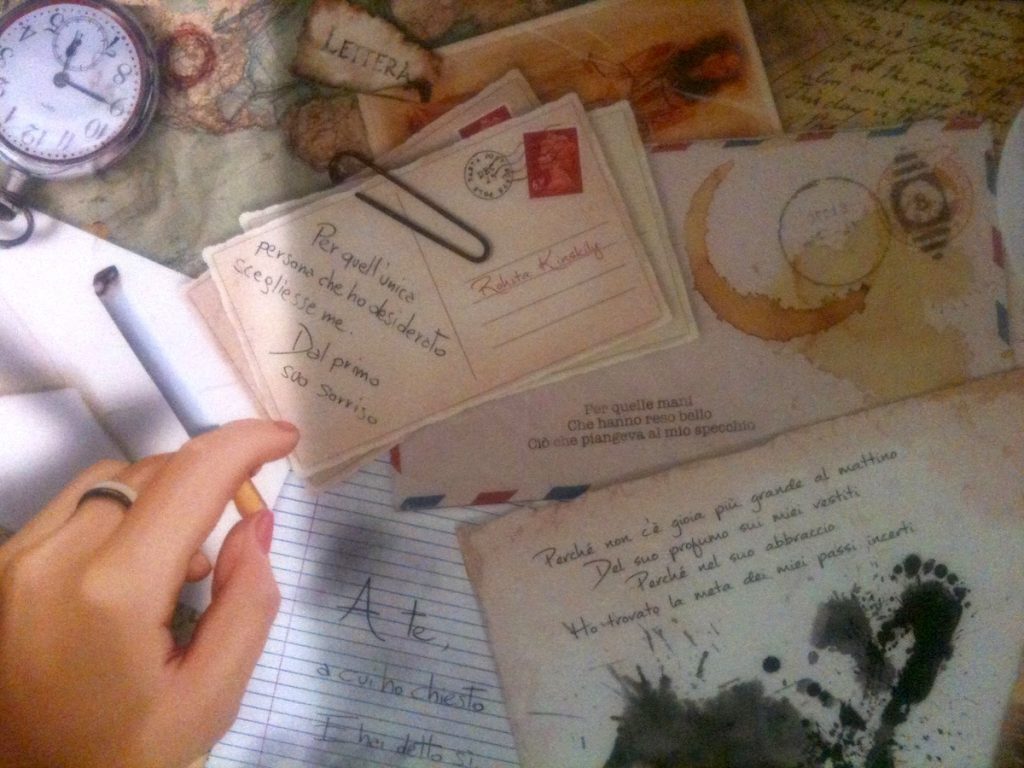Mondays Began
with one plait loose, a pip in your teeth
and late for Geography, lined and blank,
facts to the right, tall stories left.
To sail the heat in a weatherboard classroom boat
with banana and vegemite colouring the air
sargasso green. To ship ten thousand things
on cursive seas to the edge of the known page
—coffee, cinnamon, nutmeg, cloves.
To import small desires and grown-up needs
in little packets of time for show and tell.
To carve your name on the prow.
To wait for the bell.
In the Parlour
only the French clock answered back.
They sat cross-legged on the Persian carpet;
destinations flashed by
the smell of Marveer, lavender, dusty velvet.
They opened their eyes in the olden times
to fossick under the coffin flaps
of the jarrah window seat
for proper advice from disheveled magazines:
nose straighteners, recipes, posture improvers,
the runt who smoked and the chap who rowed.
They didn’t see foresight’s guarded smile,
they didn’t hear hindsight howl like a dog;
the riddles were wordy, the clues were dumb:
lopped head of a doll, silk wedding sleeve,
gilt volumes, silverfish,
and in the glass case,
untouchable figurines locked away
as grown-ups always seemed to be:
shepherd and shepherdess on their marks,
Wedgwood, Royal Doulton, Limoges?
The real thing?
Almond Trees
cover Willunga Plains: like the misty breath
of winter children, the blossom hovers. Dearth,
says the black bark, splits to let scent through
with open questions where when why what who?
As for that earliest aroma fear,
she’d smell it, taste it, anywhere,
one part in a million, pungent as coffee or smoke,
already there in her mother’s milk.
Against its grey unbeing she caught
at talismans – black stones on a white plate,
concrete nouns clattering out of thought.
Marking time down the dead-end street
to morning. Why was it always dark
in the quiet hall? Through a memory crack
of light an edge squeezed round the door:
regret to inform stop missing in stop the air
elliptic with tracer fire, familiar eyes
glancing away, prismatic as flies’.
Voices crept and huddled, where’s Daddy’s girl?
He did come back, but who? They could not tell.
Collections began. The tang of foreign coins
lent her a lingo and currency for the unknown;
Brother stuck down squares of expedited
love with serrated edges. And they were invited
to a fancy-dress ball with games of us and them.
Father could not come for he was lame
and Mother had to watch and wait not play
so they learned dolls and trains and night and day
and Snakes and Ladders and Hide and Seek.
Knight’s gambit. Castle your king. Check.
And when the black door opened and they knew
threshold was famished, Brother stepped through.
Now fear had her ID and her address.
Best send an invitation. Tell her guest
the lightest thing she served would ward off harm –
a stick, a stone, a cloud of white perfume,
thought itself, needing a go-between
to say ‘this fragrance is like newborn skin,
these quickening trees, like Mary’s aging cousin
conceiving all baptism out of season’.
She Collected Dictionaries
as other women take up men
and shelve them:
manuals, grammars, Teach Yourself
German, Malay, Italian, Swahili, Welsh,
like a passion for clothes that would hang
unworn in the dark,
for peridots, garnets, amethysts, pearls
in a shut case, nouns declined.
Each unknown word shone with delicious fire
and the alien phrases silked her skin
with their genders and connotations.
She might have been the end house
on the waterfront of Macau
welcoming every sailor in.
But the longing for many tongues
to part her lips – si, igen, ja,
ah oui, yes, yes –
was departure’s smile,
a leaning to the wind
that sweeps a glitter of light
across the sea and sets a silvery chill
at the neck. Quick, to those books
guarding the mantelpiece,
ISBNs snug as a span of days;
to bread and fruit and sparkling wine.
She had been given a cyclamen with scent,
some new trick that married violet and rose,
as if a flower should yearn to sing
and the pink timbre tremble
into quietest words.
She touched her flesh and knew
that it would fade as speech did
and did not.
And yet it was not language that she sought,
nor the music of any meaning.
An old allegiance drew her on
beyond the first ground of thought
and the idea even of silence
to the fifth season which must at last return
with its weather of recognition
and its lost ends.
Jan Owen (Australia, 1940-), from Poems 1980-2008, John Leonard Press, 2008
To buy the book: http://johnleonardpress.com/?p=151

